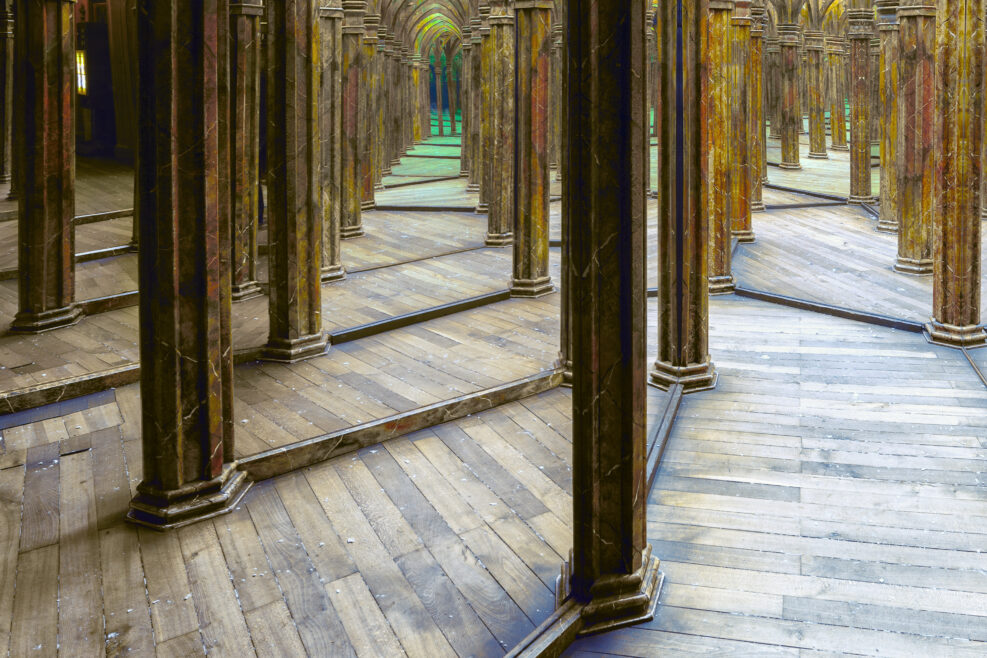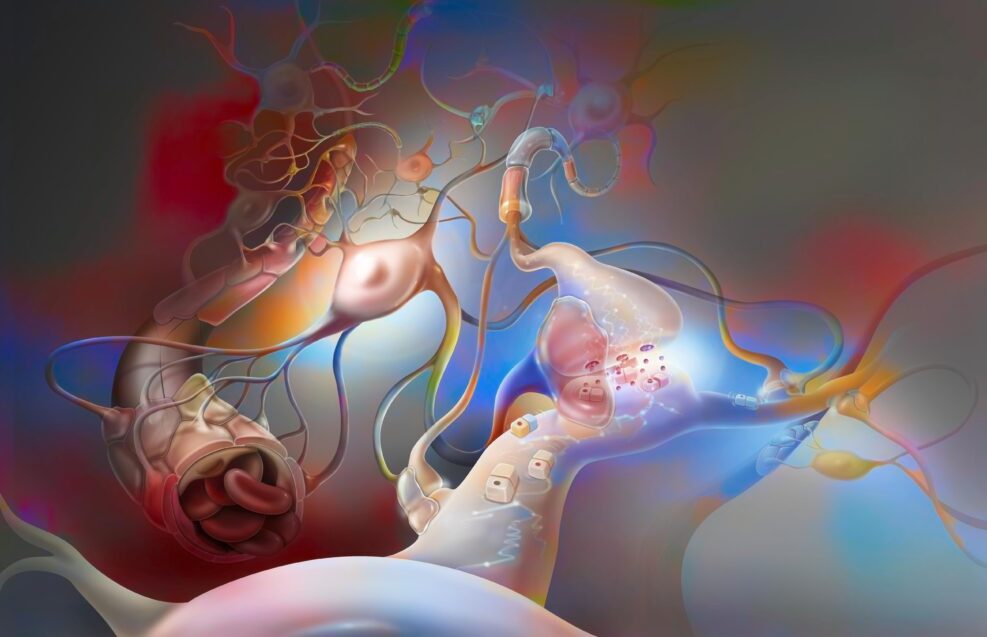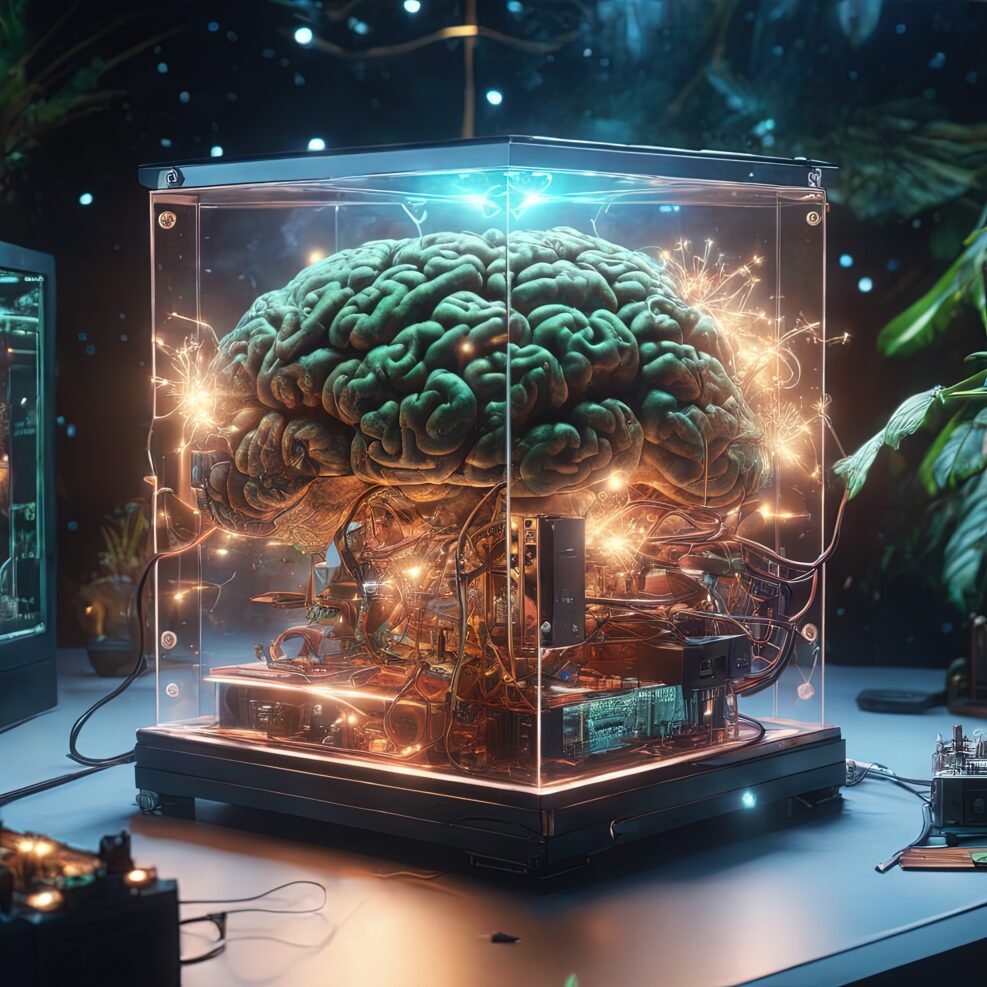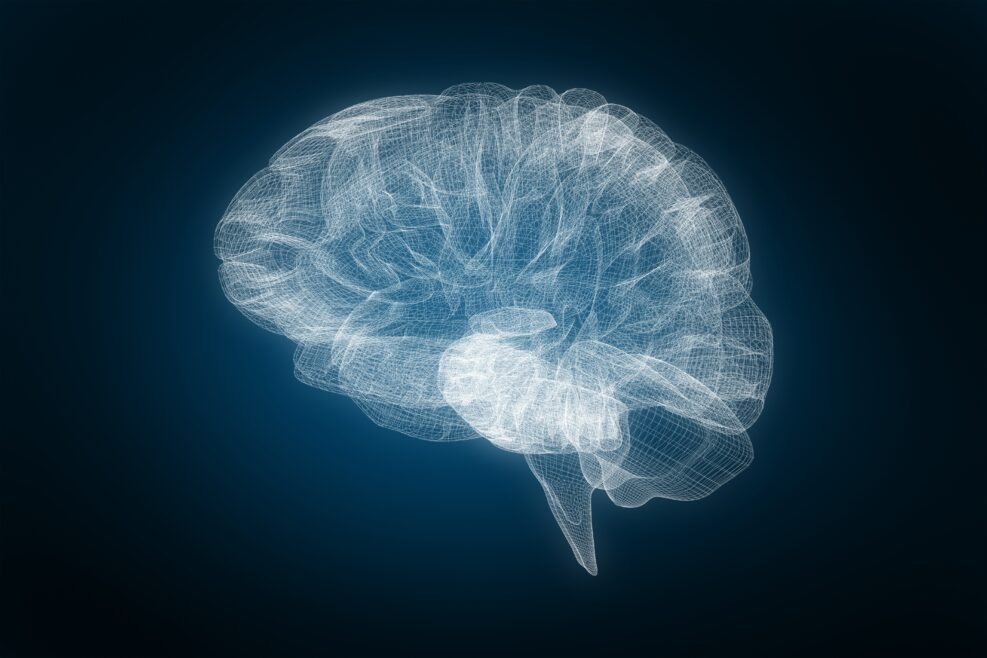
CategoryNeuroscience


New Findings About Our Mysterious “Second Brain”

Does the Brain Constrain the Mind Instead of Creating It?
There is no systematic, science-based reason today to think that’s not true and plenty of evidence suggests that it is
You Can’t Always Be Happy
Our dopamine system both excites and tames pleasure
Human Brain Tries Immediately to Compensate for Language Loss
Neurosurgeons recently had a unique opportunity to observe brains undergoing the loss of the speech area and compensating in real time
On the Limitations of Cutting-Edge Neuroscience
Neuroscientist Joseph Green separates the hype from reality when it comes to current brain research.
Mice Pass the Mirror Test — Not a Self-Knowledge Test
Whether an animal recognizes its own image surely has less to do with self-awareness than with the role that sight — as a sense — plays in its life
Neuroscience Must Be Dualist, Whether or Not “Science” Allows It

Researchers: Human Cerebellum Aids Higher Cognitive Functions
At one time, the cerebellum was thought to facilitate only functions like movement. But recent research shows that it’s more complex
Night Shift: The Brain’s Extraordinary Work While Asleep
Lie down, close your eyes, lose consciousness, and the brain undertakes the heavy lifting that sleep demands.
Study: Babies Start Learning Their Home Language Before Birth
Neuroscience researchers found that newborns responded better to a folk tale in French than in Spanish or English — when French was their mothers’ native language
Claim: What consciousness studies needs is more Darwinism
The Darwinian view of the evolution of the human mind is, at best, a ladder with no upper rungs
Our Brains Don’t Really Rewire, Neuroscientists Caution
Professors Tamar Makin (Cambridge) and John Krakauer (Johns Hopkins) say that when the brain adapts to losses, it uses “latent capacities,” not new ones
Will Neuroscience Ever Accommodate Immaterial Consciousness?
Joseph Green offers an informative account in Minding the Brain of the current state of neuroscience. What we now know is remarkable — but so is what we don’t
Will the Octopus Ever Find Its Way Into a Tidy Evolutionary Tree?
New finds in genetics and neuroscience both shed light and deepen the puzzle of the almost "alien" speciesThe Scientific Evidence for Near-Death-Experiences
A conversation with Dr. Gary Habermas on the plausibility and evidence of near-death-experiences.Is there strong scientific evidence for near-death experiences, the subject of the new film After Death? On an episode of ID the Future, I spoke with Dr. Gary Habermas about his chapter evaluating the evidence for near-death cases in the recent book Minding the Brain: Models of the Mind, Information, and Empirical Science. As Dr. Habermas explains, most near-death accounts contain both objective and subjective elements. Personal testimony about other realms can’t be independently corroborated, but objective evidence rooted in this world can be confirmed and evaluated. “I can’t verify heavenly discussions or heavenly sites,” says Habermas, “so the kind of NDE data I’m talking about virtually always occur on this earth in normal kinds of situations, like parking lots or in your Read More ›

New Movie Investigates Near-Death Experiences
What happens after we die? The new movie "After Death," out today, investigates near-death experiences and the possibility of the afterlife.
Neuroscience Has Never Provided Much Evidence for Materialism
In a chapter of the new book, Minding the Brain, neurosurgeon Michael Egnor points out that many great neuroscientists were non-materialists
Modern Neuroscience Does NOT Disprove Free Will
In a chapter of Minding the Brain (2023), Cristi L. S. Cooper looks at the current state of neuroscience research on free will
